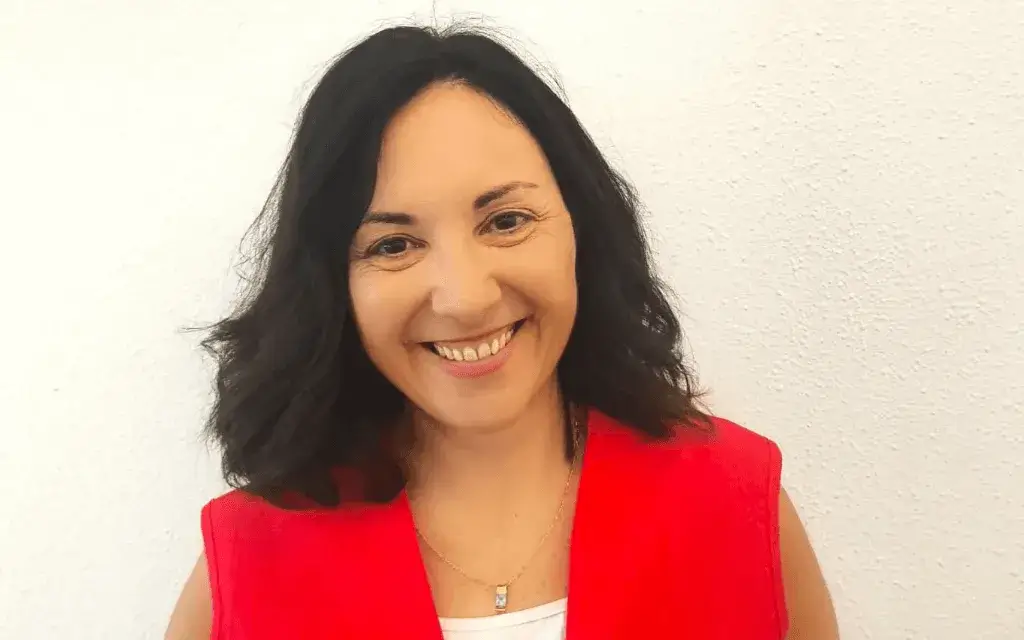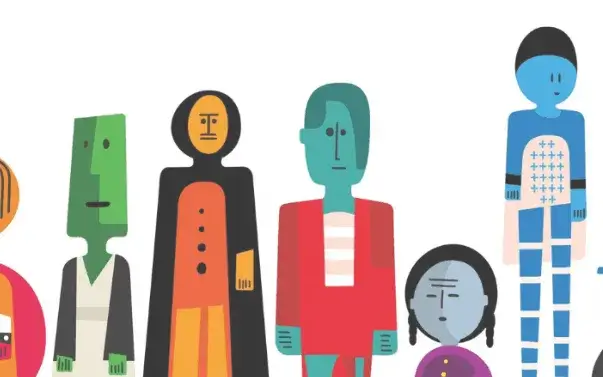SOS Racisme denounces the racist actions being carried out by the Catalonian police.
54% of police identifications in Catalonia are targetted towards immigrants. Taking into account that the immigrants in Catalonia represent 13% of the population, these data are very "raw." This is an assessment made by Mònica López, the person responsible for communication of SOS Racisme as well as the last study that the entity presented this Friday, 'Police identifications in Catalonia by ethnic profile'.
"This report not only wants to show that the police do their jobs poorly and they discriminate, we already knew that. We want to make proposals for institutions to transform this reality, "says Lopez. The report is the result of the 'Pareu de Parar-me' (Stop stopping me) campaign carried out by the entity.
For each Spanish person identified by the police, the police stop seven immigrants. According to López, people understand the number of crimes being resolved effectively, but the institutions should take into account the negative cost of each crime. That is, how many people have had to identify and criminalize before solving a case.
For this reason, SOS Racism denounces that there are still many deficiencies in the collection of data and that the statistics are made without the identifications contemplating perspectives of rights or social repercussions of the identified people.
SOS Racisme wants to meet with the police forces to take measures and analyze the identifications in a different way. According to Lopez, we first want to recognize that there is racial discrimination, after analyzing the data and incorporating identifications into a form that argues why it is for a given person and the name of each agent that makes them identifications
"This way you will be aware of the number of times that a person has been stopped and what agents have identified with more or less success," says López. The same person adds that, unlike the Mossos d'Esquadra, the Guàrdia Urbana de Barcelona has not provided them anything which the entity attributes it to not want to make public this information.









Add new comment